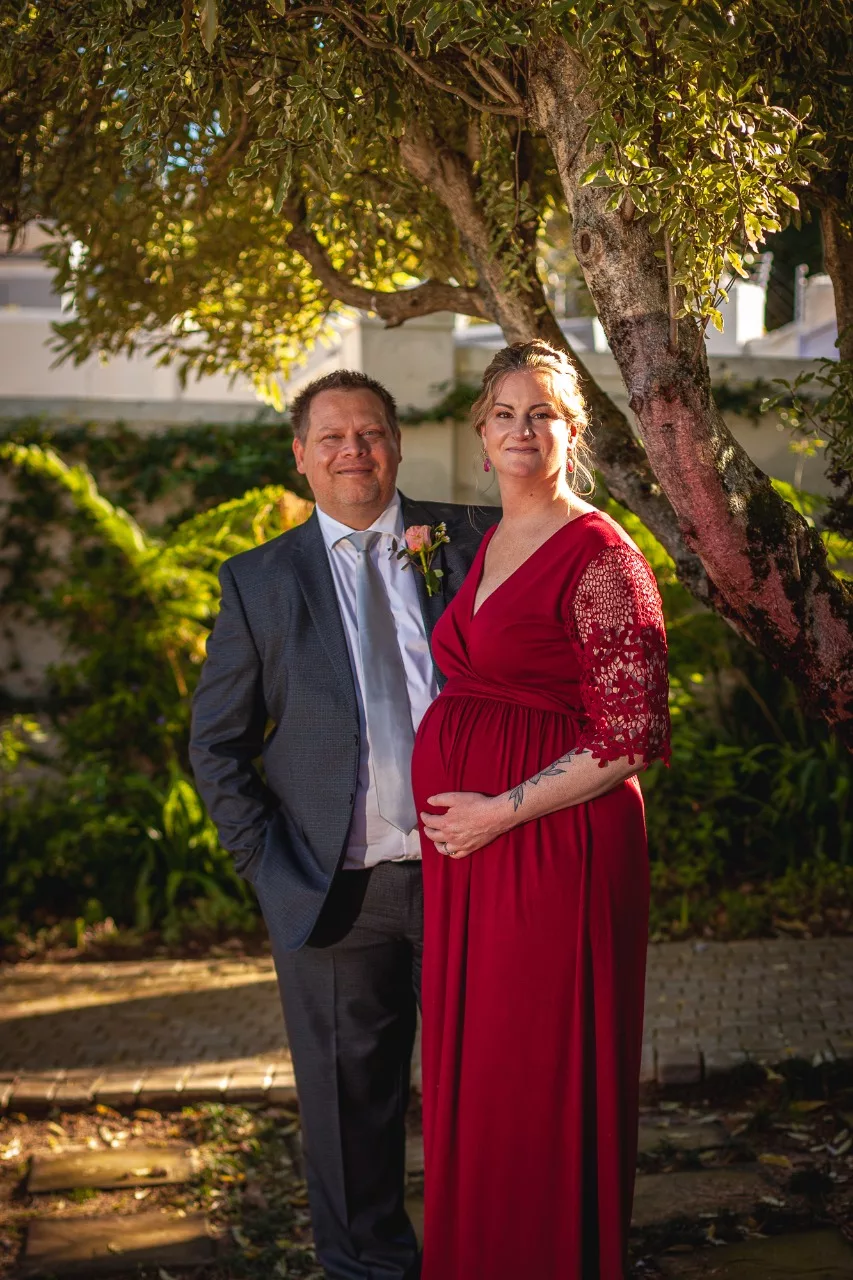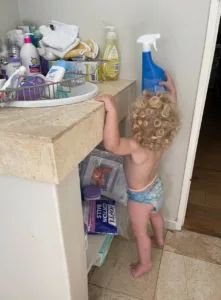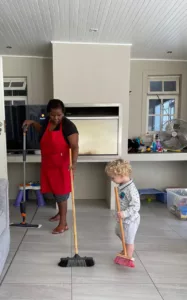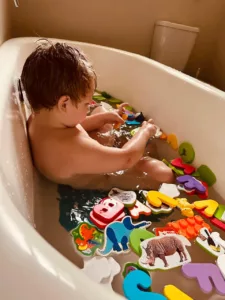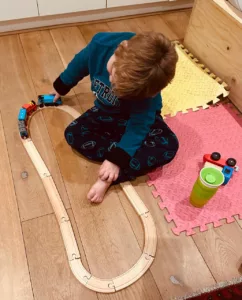According to Ann Gold Buscho PhD, writing for Psychology Today, the divorce rate is extremely high amongst special needs parents. 87% of marriages breakdown under the extreme stress of caring for a disabled child. The statistic is only marginally lower for parents of autistic children at 80%. Given the odds, a solid partnership is especially important for couples with kids on the spectrum. So what does a great partnership look like?
For us, it’s all about good and respectful communication. Because that is what binds you together most strongly when things get really sticky. A lack of it leads to blame, resentment, and unhealthy coping mechanisms. And because we all feel different levels of stress at different times, holding space for one another is important too. There will be plenty of times when you’re not on the same wavelength, never mind on the same page. So choosing what to say and what not to say in a heated moment, is just as critical as how you say it or don’t say it. We have to remember that we communicate our feelings to one another with our bodies and expressions, not just with our words. So even in silence we can convey empathy or derision for one another.
When your kiddo is first indicated for autism, each partner feels a rush of emotions. And although our shock, grief, and fear is similar to one another’s, how we process those emotions can be very different. Grief is not linear, it’s a cycle. And that initial shock can initiate a cycle that goes on for years in different forms. Often, a parent can feel they’ve reached a place of acceptance, and be upended by a small incident or unkind comment, that stings you deep and to the core. Sometimes no matter our process and progression on this journey, it can feel like the first day of realisation all over again. So given that we move at different rates along the same path, how can we ensure we stay in sync with one another? The answer is a commitment to good clear dialogue, getting appropriate support, and relationship touchstones.
When it comes to dialogue, communicating how we are feeling is a vital to working together as a team. We have far too much to deal with daily to worry about what our partner might be struggling with in silence. In fact we might resent that they’re shutting us out, adding to our anxiety, and leaving us feeling alone in it all. We can’t know how to better support one another or divide and conquer, if we don’t get any feedback from each other. So sometimes just a few words by way of a debrief, can save you a lot of additional angst and fighting.
When it comes to appropriate support, no matter how isolated we sometimes feel, we need to learn to lean on our Village. This is complicated by the fact that people close to us don’t always understand what we’re going through and can say and do upsetting things. Sometimes the best support you’ll find is from other special needs parents and hired help. By hired help, I mean all the professionals you’ve gathered around you to monitor your child’s wellbeing and progress. Maybe an individual who provides you absolutely essential respite care. But it can also come from therapists. If you aren’t already in marriage counselling and individual therapy, I can highly recommend it. We all have to invest in support for our primary relationship, and also have a safe space in which to express things that our partners may find hurtful at the same time. A mediator helps you to remain connected and respectful of one another through all your shared challenges. A private therapy session helps you to get out all your frustrations, take the weight off your chest, and take stock of how you could’ve handled something better. One therapist keeps you accountable to one another. The other keeps you accountable to yourself. The only way to adapt and survive as a team, is to grow through your challenges together.
When it comes to relationship touchstones, it’s important to keep all the things you love about your partner front of mind. But it’s also just as important to remember that they’re just people and they’re struggling with the same things you are. They have their strengths and their weaknesses, like any other person. A good partner will lean into the other’s strengths and provide support for things they know their other half battles with. It’s as simple as building confidence and showing faith by allowing your partner to take responsibility for routines and decisions they excel at, and wordlessly stepping in if and when you sense they’re overwhelmed. There’s no place on this journey for the blame game. Leave that at the door. It’s extremely damaging. Remember that it’s you two against autism, and not against each other. Your precious kiddo is fully dependent on you both to do the adulting, while they learn how to manage their anxiety and emotions.
The one thing my husband and I are really good at is tagging in and out. At three, Aidan is pushing boundaries and acting out. It’s enough to test any parent’s patience. We both have learned to take over from each other when things get hairy without a single complaint or remonstration. And that’s only possible because we trust and know that the other will always do the same for us. No matter how inconvenient. No matter how stressful. No matter how high octane the moment might be. And no matter how much of the load they’re already carrying. Even though it’s not always 50/50, I know deep in my heart and soul that my husband will be there for me if I need him to be. Not just once or twice, but every time I ask. And he knows I will always be there for him too. We’ve struggled, and floundered, and fought – sure. But we’ve grown to this place. And though we still have rough times, because with autism everything is always changing, we figure it out as a team. Because that’s what true partners do.
